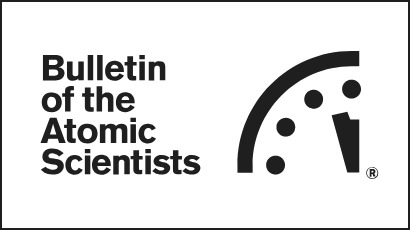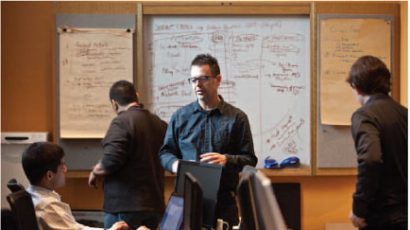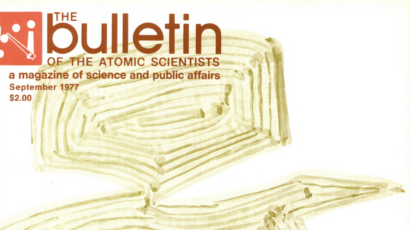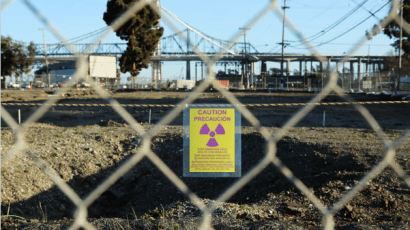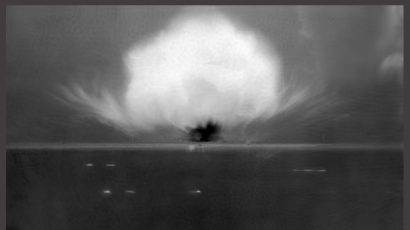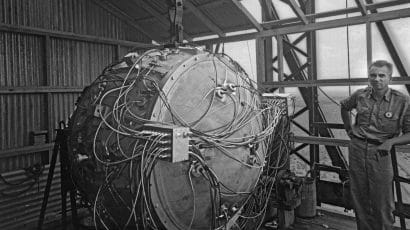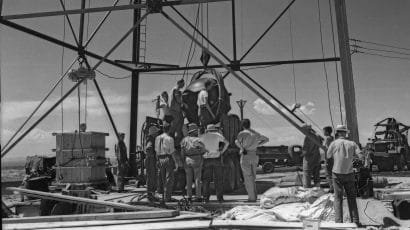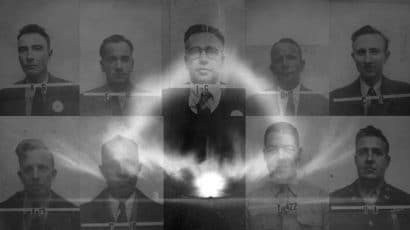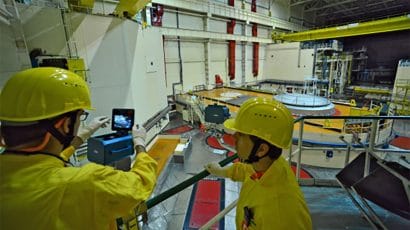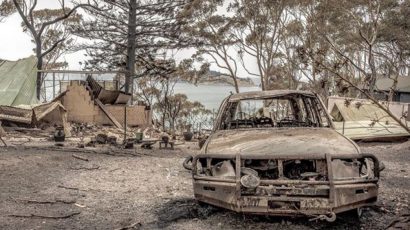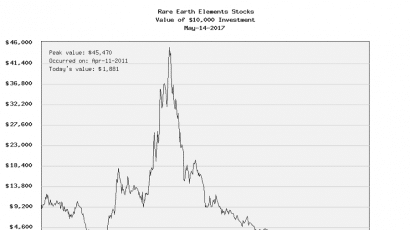By Matt Smith, Katharine Mieszkowski, The Center for Investigative Reporting | Feb 24, 2014
For decades before it was selected for closure, the Treasure Island Naval Station in San Francisco Bay overhauled military ships and housed nuclear war academies that used radium, plutonium, and cesium 137 in their training courses. The Navy knew for years that those materials were not always in safe hands. But it did not acknowledge that history publicly, and as a result, workers preparing for civilian redevelopment may have inadvertently spread radioactive material around the island, The Center for Investigative Reporting (CIR) has found in a yearlong investigation co-published by the Bulletin of the Atomic Scientists.


